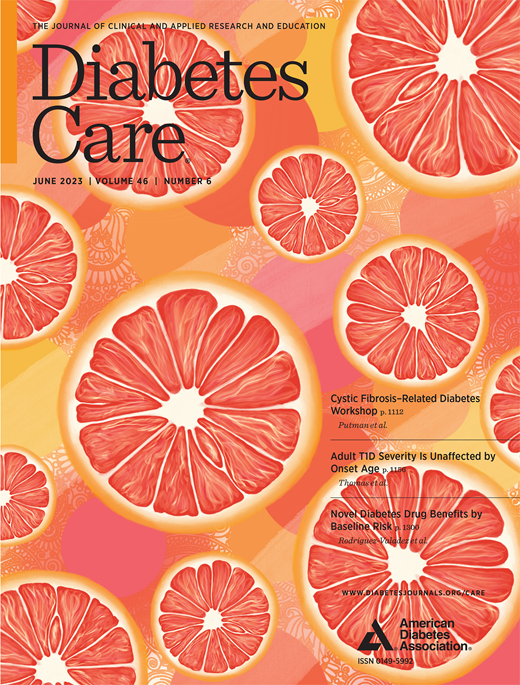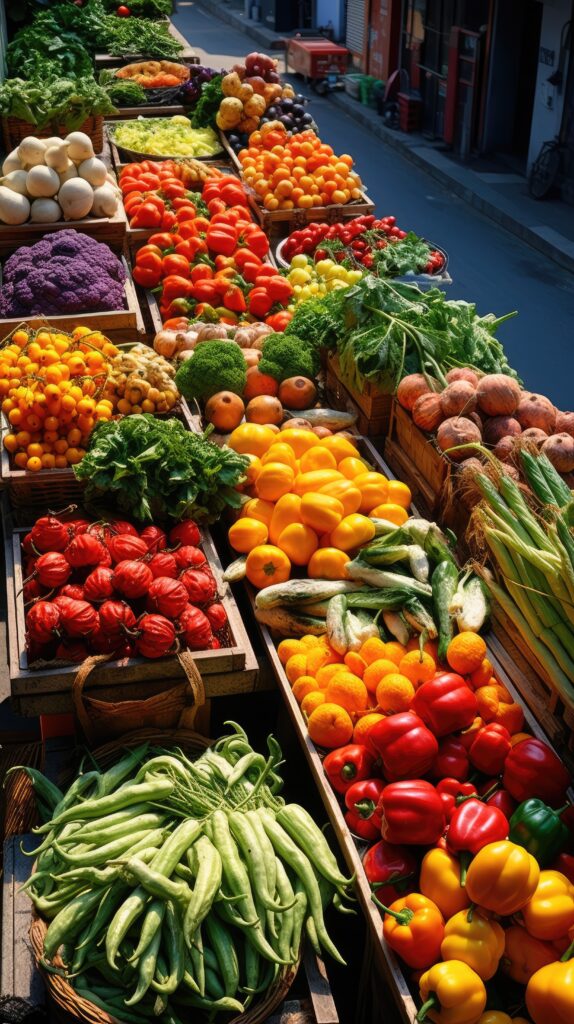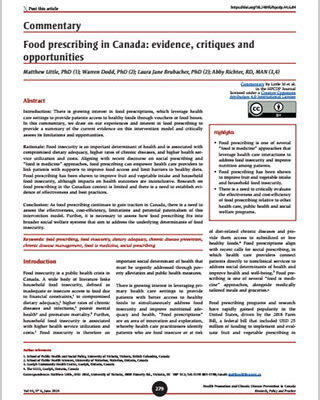The 21st century in the U.S. has seen a groundswell of interest in so-called food-is-medicine interventions in health care practice and policy. Novel endeavors have formed across the country to narrow the chasm between health care and food systems. Bringing these unusual partners to the table, with food representing the largest sector of our economy and health care spending accounting for nearly one-fifth of the gross domestic product, offers the potential to radically advance population health objectives and strengthen the economy. From the food lens, local food systems and food equity are among the perspectives represented. From the health care lens, the intersection of food and health is well aligned with the triple aim of offering food rather than (or in addition to) medicine to improve individual experience with care, addressing nutrition insecurity as a root cause of chronic disease to improve the health of populations, and reducing per capita costs of care with averted hospitalizations and health care expenditures. The most evidence exists for medically tailored meals, which are fully prepared and tailored to specific needs for individuals with serious health conditions, such as diabetes. Simulations modeling national implementation of medical tailored meals indicate that implementing food is medicine for Americans with diabetes could be associated with $19.3 billion in averted health care expenditures in 1 year, with a net policy cost savings of almost $11 billion.
Read The Full Article at Diabetes Care







